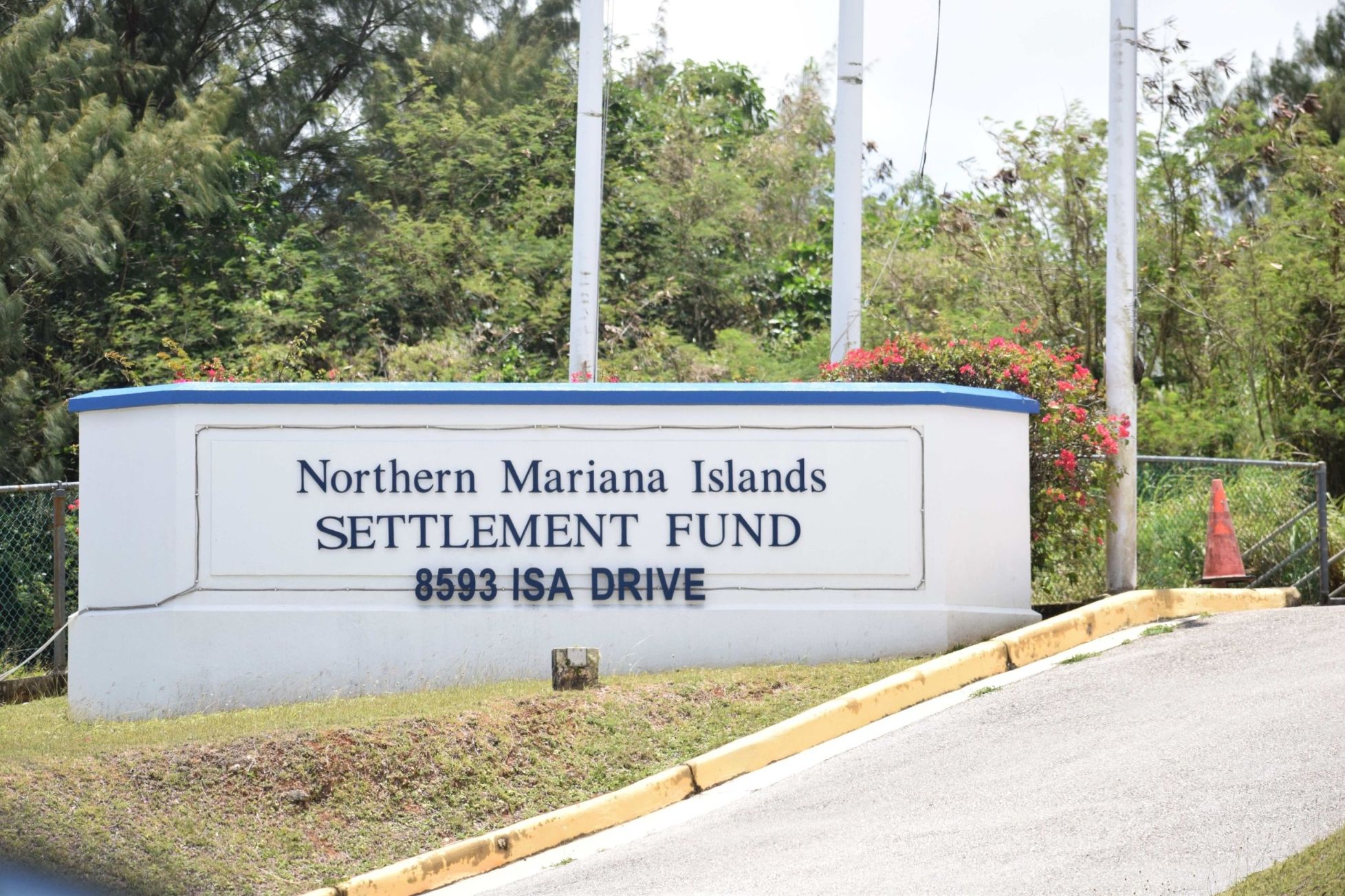A tourism-based economy needs (wait for it) tourists
EVEN before the Japanese company that owned the local Hyatt decided to close and leave the island, tourism stakeholders had been warning CNMI officials about alarmingly low arrival rates and their potential to trigger more business closures. Such closures, they cautioned, could further hinder the Commonwealth’s ability to attract “high-end” tourists — or any tourists at all. They repeatedly implored the administration to allow MVA to pursue all possible tourism markets, including China, which had replaced Japan as a major market for the CNMI.
Arrivals from Japan started to decline in 2005 following the JAL pullout. As early as 1995, the then-president of the Saipan Chamber of Commerce, Efrain Camacho, was telling anyone who cared to listen that Japan would not “forever” remain the CNMI’s main tourism market. In 2004, then-Gov. Juan N. Babauta successfully secured an “approved destination status” from China, setting the stage for a new tourism market just when it was needed most.
Contrary to what some people believe, the China market did not “chase out” Japan. Japan was already on its way out when the CNMI first tapped the China market, which, incidentally, took several years to gain traction. While there may be historical animosities between China, Japan, and Korea, these have not prevented them from establishing and maintaining strong trade and commercial ties that benefit their tourism industries. (See: “China Welcomes Influx of Japanese Tourists Following Visa-Free Policy” — Xinhua, Jan. 15, 2025; “[T]ourism ministers from China, Japan, and South Korea gathered in Kobe, Japan for their 10th annual meeting, setting an ambitious target: 40 million mutual visits between the three nations by 2030.” — Jing Daily, Sept. 23, 2024. “Japan Travel Searches by Chinese Gen Zers Surge Over 700%” — Jing Daily, April 23, 2024.)
As for the CNMI economy, it has yet to recover because tourist arrivals are still way down compared to their pre-pandemic levels.
Assuming, as this administration apparently does, that federally funded construction projects and boondoggles can offset a persistent downturn in tourism arrivals is not just bad economics — it’s bad arithmetic.
Let MVA do its job
“THE singular role of tourism in the CNMI economy cannot be overstated,” business community leaders said in a joint letter to the islands’ top officials in Oct. 2023. The “majority of the CNMI’s income comes directly from visitor expenditures. The multiplier effect cascades accordingly, affecting private sector employment of CNMI U.S. workers and government services and budgets, funded primarily by taxes paid by businesses and their employees and the associated employment of government personnel. Today’s reality is that businesses are suffering from the weight of the prolonged collapse of our only industry. This is the biggest challenge we collectively face, and one that will have long range impacts on the success of our community if not understood and addressed. We must all accept that when businesses can no longer afford to remain in operation due to a diminished market or increased costs associated with larger tax bills, they will close, and the limited pool of global investors in tourism will find better opportunities in other destinations. In a globally integrated economy where businesses can, and often do find success across political borders, private investment does not need the CNMI to generate a return, but the CNMI needs private investment in order to provide livelihoods for our residents and to continue our ability to govern ourselves.”
For once, the governor should listen to those whose business is business — people who have skin in the game and have invested their time, money, and reputation into the enterprises that drive this tourism-based economy. Politicians, who are only temporarily in power, should not dismiss the carefully considered advice of those who truly know what they’re talking about.
In any case, pursuing tourists from China, who will now be vetted by the EVS-TAP, does not contradict the governor’s “pivot” policy, on which he has apparently bet everything.
It’s been two years since the governor made his pivot announcement, despite having no mandate for it. The CNMI now needs to do something else to revive its tourism-based economy. Hawaii, home to several of the most strategically significant U.S. military bases in the Pacific, is actively pursuing Chinese tourists. The governor should finally allow MVA to do the same.










